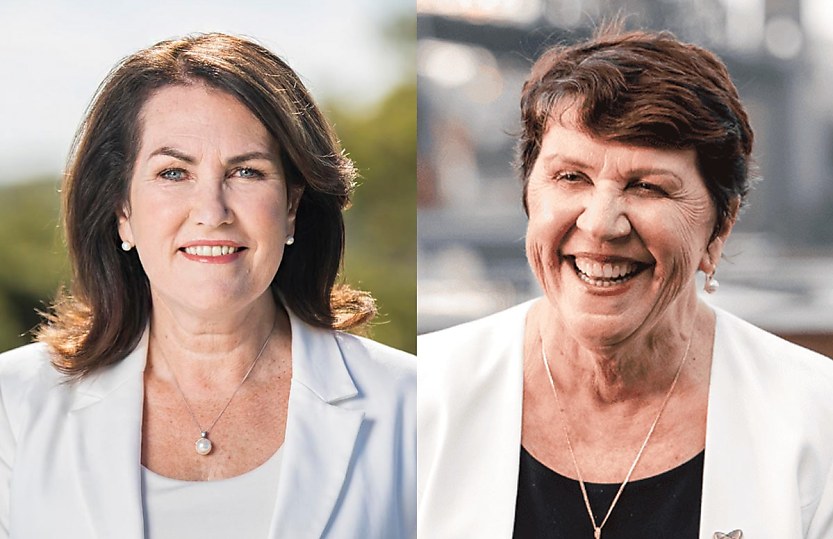PwC scandal shows ‘biggest is never best’

The big four’s vast partnerships and profiteering inevitably lead to ethical failures unlike smaller firms, experts have said.
The PwC tax leaks scandal shows “biggest is never best” when it comes to accounting firms, experts say, with the big four’s vast partnerships incapable of regulating governance and ethical failures.
Panellists at the IPA’s national congress last week, including Labor senator Deborah O’Neill and IPA group President Cheryl Mallett, agreed bigger firms habitually prioritised profit over professional responsibility.
Senator O’Neill, who chaired the parliamentary joint committee investigation into the sector, said the current regulatory framework enabled a culture where “individuals acquiring services have been profoundly displaced by profit seeking”.
Mallett said her biggest learning from the PwC tax leaks scandal and the inquiries that followed was that “biggest is never best”.
“When the big end of town starts swapping out the motivation to be ethical with the motivation to make money and profits, that’s where we ended up in this dark place,” she said.
“I would like the government to do to restore trust in in our industry is stop over regulating us [small firms].”
The IPA's panel discussion, titled “Building trust – lessons learned from PwC so far and where to from here”, also discussed the consulting inquiry’s final report and its 40 recommendations, released earlier this month.
Its recommendations included capping the number of partners in large partnerships at 400, a sharp reduction from the current limit of 1,000.
Currently, Deloitte has over 1,000 partners with roughly half holding equity, while EY and KPMG both have over 700. PwC has around 650 partners after some 250 exited following its scandal.
Senator O'Neill said the partnership cap was necessary to force the big four firms to “clean up their act”.
She said joint and several liability, the core principle of partnerships, had failed.
“The partnership structure isn't working,” she said.
“We saw a constant barking at us [from the big four] that ‘we are a fantastic structure’, joint and several liability make sure that this partnership has a higher standard than if they were to actually exercise the standards required for listed companies on the ASX.”
“What we found is the rhetoric is not matched by reality, like they were running from a sinking ship, like rats jumping overboard from the individuals who were supposedly responsible.”
She said the committee found there was “no such evidence of any joint and several liability that was understood, practiced or embedded in any way, in any sort of governance structure”, citing PwC’s governance board as an example.
During the consulting inquiry’s hearings in August, it was revealed that CEO Kevin Burrowes concealed a $1.2 million annual salary from PwC’s international parent for almost a year, only disclosing the payment to a small governance board.
“In PwC, the governance board, and the board that had the power were constructed in a way that there was an absence of conversations,” she said.
And while Senator O’Neill was confident the committee’s recommendations would “really help get things back on track”, she called on the industry to treat ethical standards as an ongoing commitment.
“It’s not regulation alone that can deliver the changes that are needed. It’s the will of the sector itself and a desire for the necessary changes to culture,” she said.
“The world is a dynamic, messy place. So this is the task – an ongoing task – and we need to think about it as general housekeeping.”
About the author







